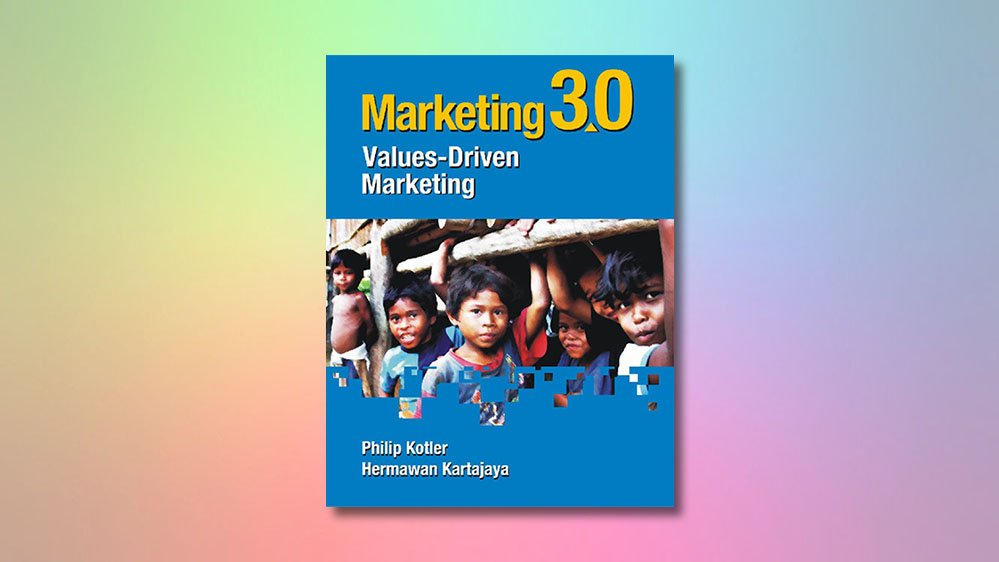Corporate Sustainability Under the Framework of Marketing 3.0
In today's fast-paced business environment, companies are increasingly recognizing the importance of integrating sustainability into their core strategies. This shift is closely aligned with the principles of Marketing 3.0, which emphasizes a human-centred approach, focusing on the values and well-being of individuals and society as a whole. In this blog, we will explore how corporate sustainability fits into the framework of Marketing 3.0 and why it is crucial for businesses aiming to thrive in a sustainable future.
Understanding Marketing 3.0
Marketing 3.0, introduced by Philip Kotler, represents a significant evolution in marketing strategies. It moves beyond traditional consumer-centric models by treating customers as complete human beings with material, emotional, and spiritual needs. This approach aligns with the broader societal values of sustainability, ethics, and corporate responsibility. Marketing 3.0 encourages companies to engage with consumers on a deeper level, fostering loyalty through shared values and meaningful interactions.
The Core of Corporate Sustainability
Corporate sustainability is an integral part of modern business strategies, focusing on long-term economic, social, and environmental health. It involves responsible resource use, ethical practices, and creating positive impacts on stakeholders and communities. The three pillars of corporate sustainability—environmental, social, and economic—support sustainable goals and are essential for maintaining a competitive edge in today's market.
Aligning Corporate Sustainability with Marketing 3.0
Human-Centred Approach: Both Marketing 3.0 and corporate sustainability emphasise understanding and addressing the broader needs of individuals and society. By focusing on human values and well-being, companies can create more meaningful connections with their customers and stakeholders.
Value-Based Marketing: Marketing 3.0 is about creating value that resonates with consumers' values and ethics. Corporate sustainability aligns perfectly with this by ensuring that business operations are environmentally responsible and socially just, thereby enhancing brand reputation and customer loyalty.
Long-Term Strategy: Both frameworks prioritize long-term success over short-term gains. By adopting sustainable practices, companies can ensure economic viability while contributing positively to societal development.
Stakeholder Engagement: Marketing 3.0 encourages collaborative marketing, where customers are involved in product creation and feedback. Similarly, corporate sustainability involves engaging stakeholders in sustainable initiatives, fostering a sense of community and shared responsibility.
Benefits of Integrating Corporate Sustainability into Marketing 3.0
Enhanced Brand Image: Companies that prioritize sustainability are seen as responsible and ethical, attracting consumers who value these qualities.
Competitive Advantage: Sustainability initiatives can differentiate a company from competitors, offering a unique selling proposition.
Cost Reduction and Efficiency: Sustainable practices often lead to reduced operational costs and improved resource efficiency.
Regulatory Compliance: Embracing sustainability helps companies comply with environmental regulations, reducing legal risks.
Implementing Corporate Sustainability in Marketing 3.0
To effectively integrate corporate sustainability into a Marketing 3.0 framework, companies should:
Embed Sustainability in Mission and Vision: Ensure that sustainability goals are central to the company's mission and vision statements.
Engage Stakeholders: Involve customers, employees, and communities in sustainable initiatives to foster a collaborative environment.
Monitor and Report Progress: Regularly assess and report on sustainability achievements to maintain transparency and accountability.
Innovate Sustainable Products and Services: Develop offerings that meet environmental and social standards, aligning with customer values.
Conclusion
Incorporating corporate sustainability into Marketing 3.0 strategies is not just a trend; it is a necessity for businesses seeking long-term success. By focusing on human values, ethical practices, and sustainable operations, companies can build strong relationships with their stakeholders while contributing positively to societal development. As the world moves towards a more sustainable future, embracing these principles will be crucial for businesses to thrive and remain relevant.
Sources: internet resources
* * * * *
Design Studio MZ+MM makes Social Procurement sensible.
Design Studio MZ+MM is a social enterprise (SEE Mark No. SEE 0114) based in Hong Kong, providing various types of graphic design services. Currently, the team is composed of hearing-impaired and hearing designers who practice disability inclusion, which is the primary reason for promoting "diversity, equity and inclusion" in corporate organizations. We support the United Nations Sustainable Development Goals SDGs: 10 “Reduced Inequalities” and 17 “Promote Partnerships for the Goals”.
In addition to providing job opportunities for diverse talents, this social enterprise also helps corporate clients implement advanced governance concepts. We also firmly believe that Design Studio MZ+MM is still the only social procurement solution practitioner and provider in Hong Kong, providing professional design services in the true sense of social procurement and adding multiple levels of added social value. To learn more about the vision and mission of this social enterprise, please click this link to jump to the Social Impact page.


